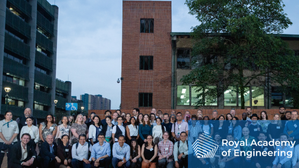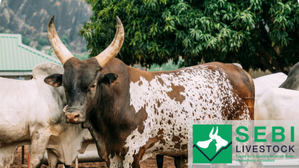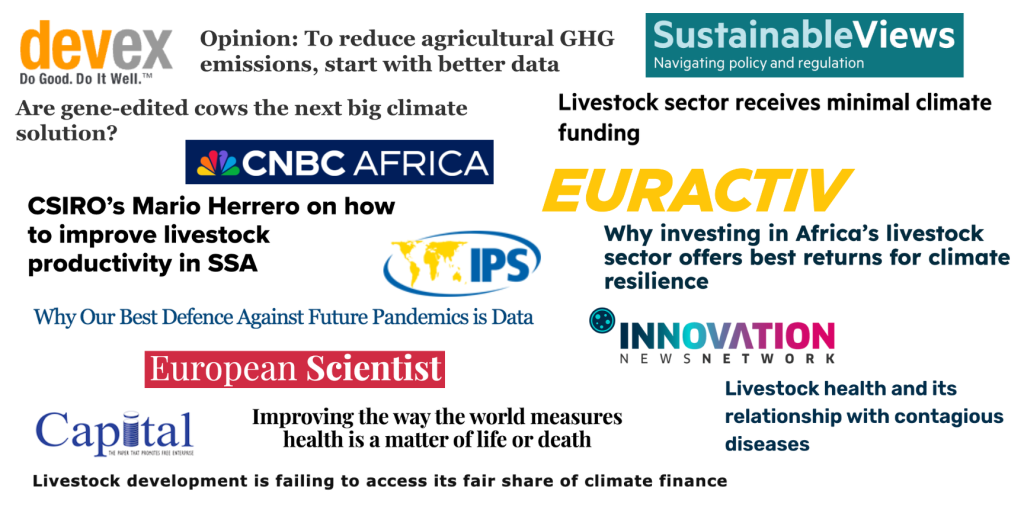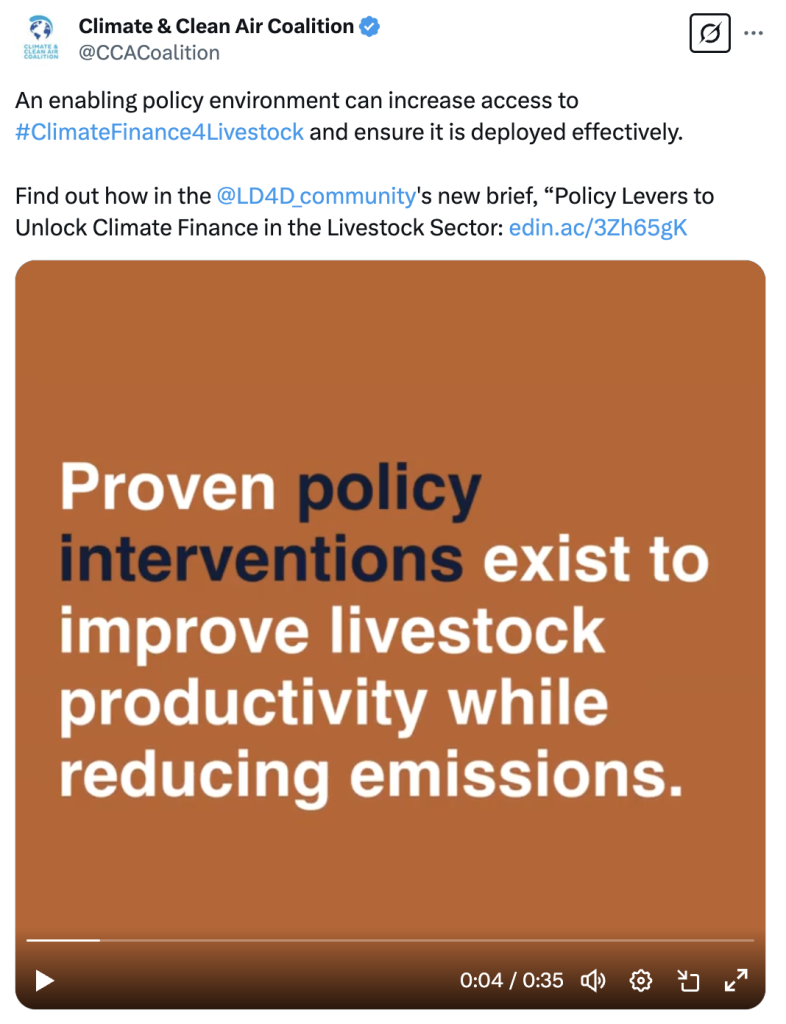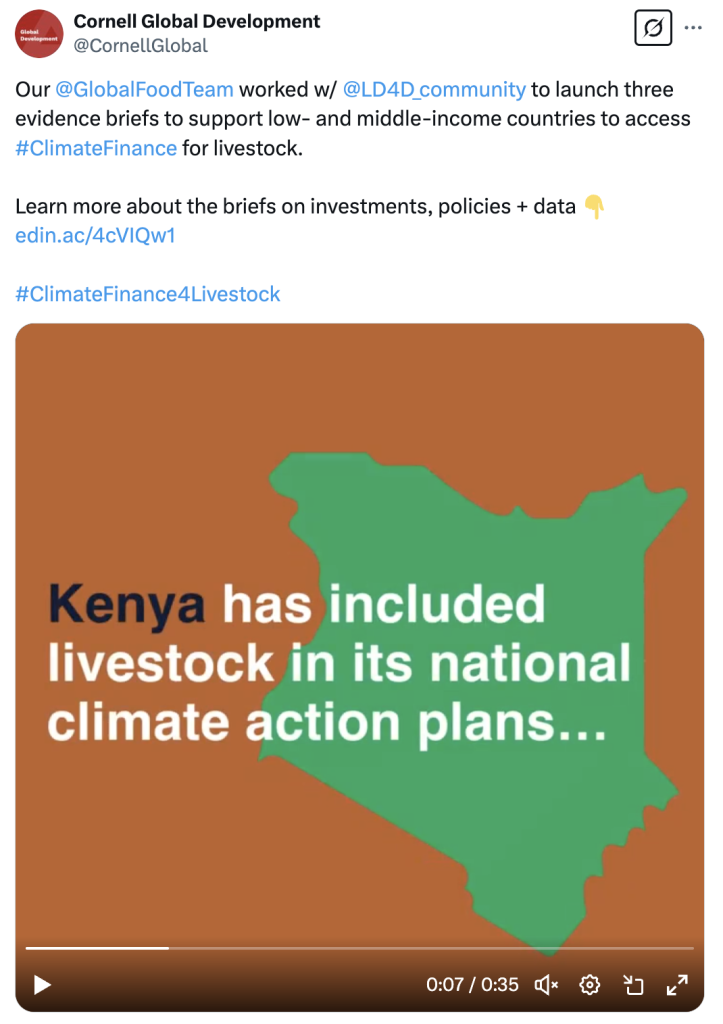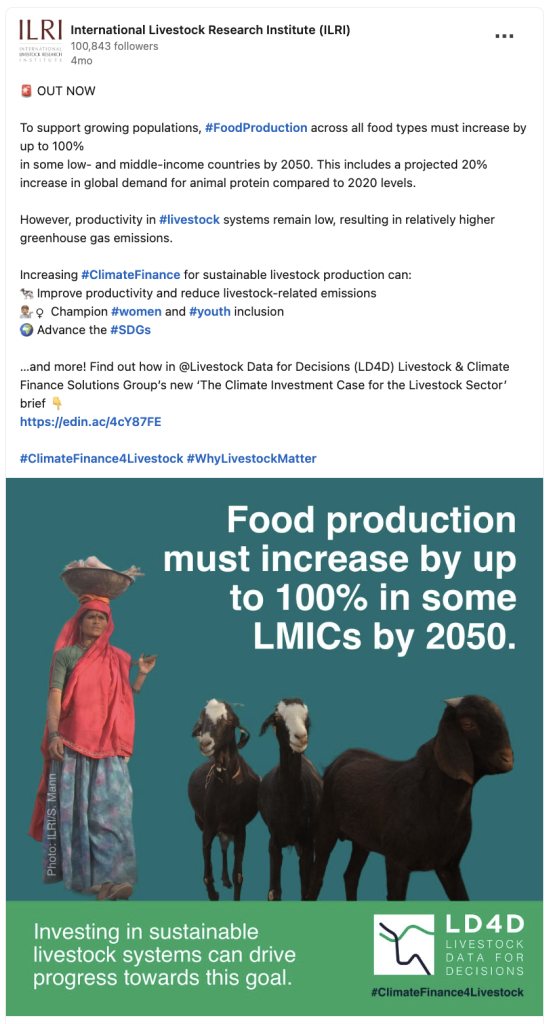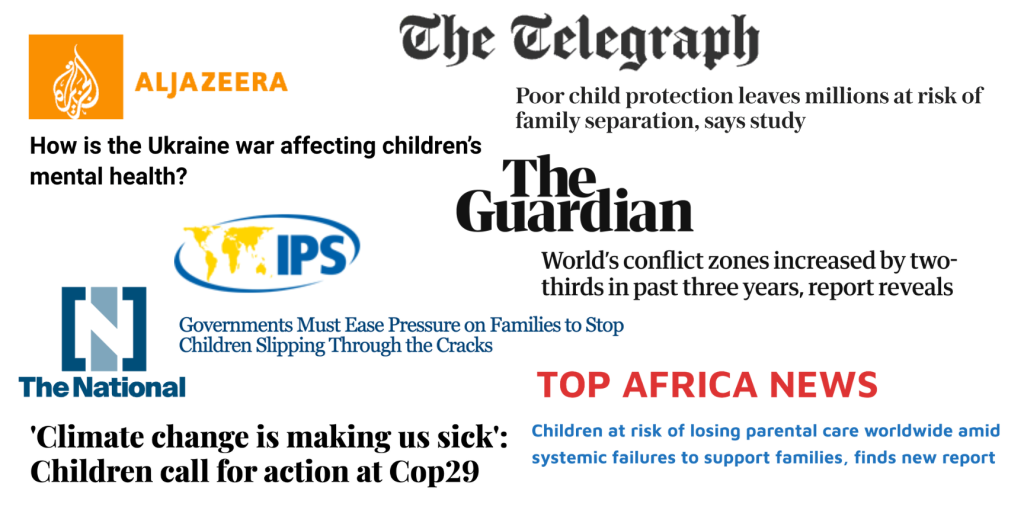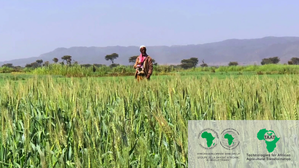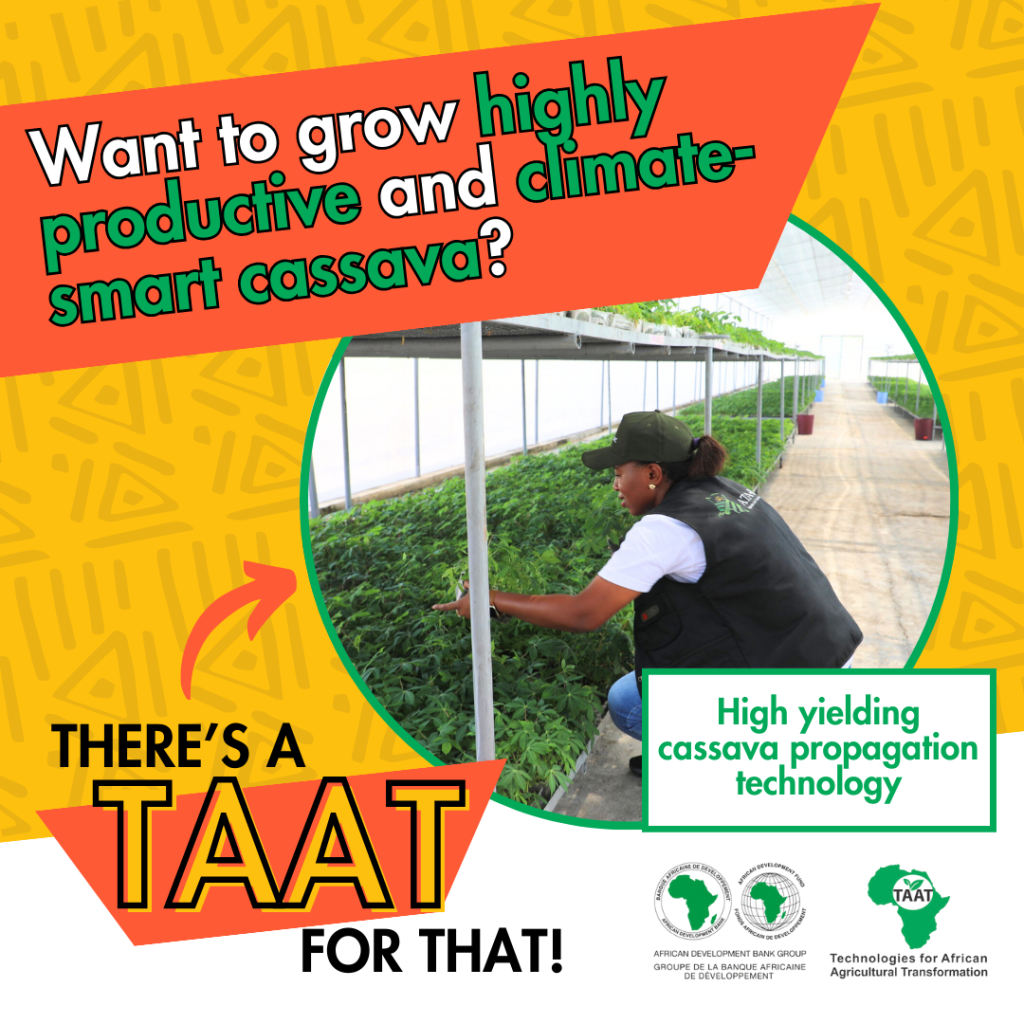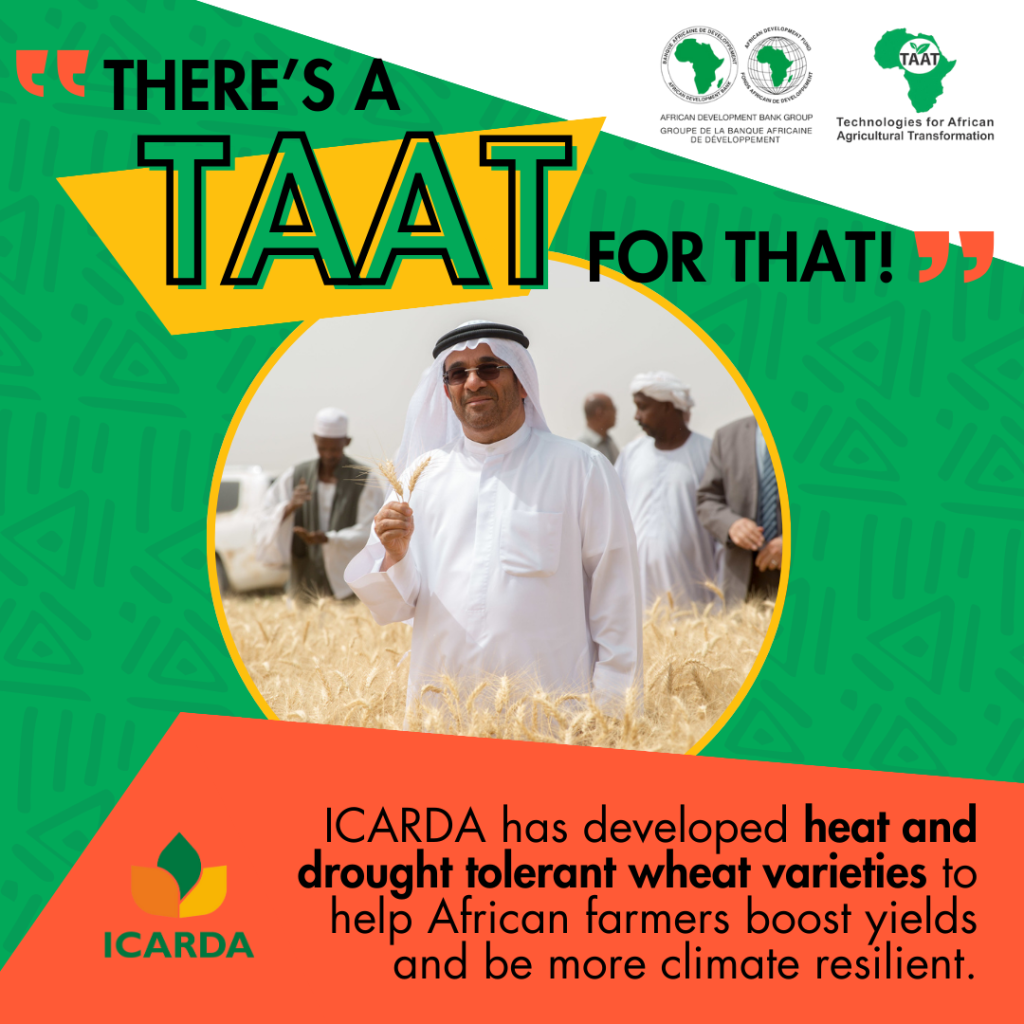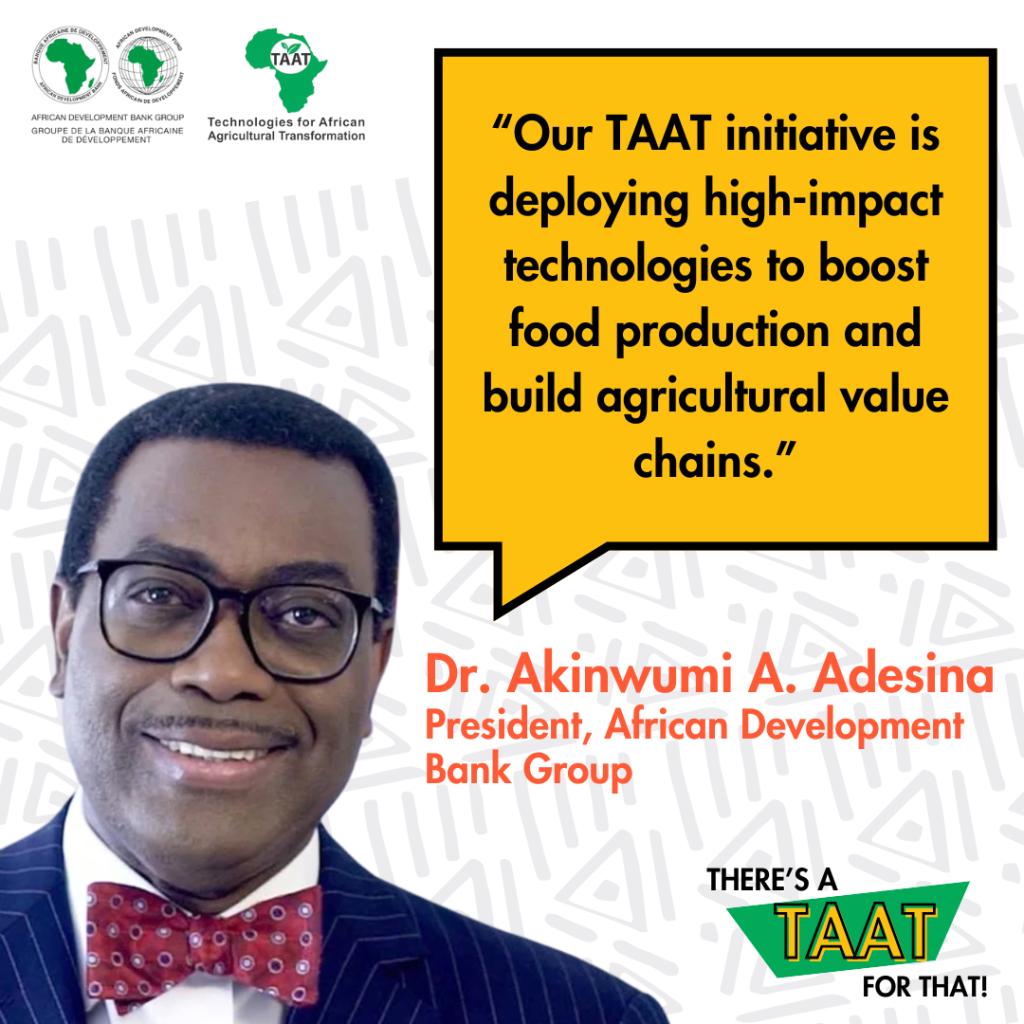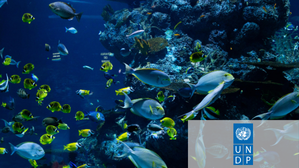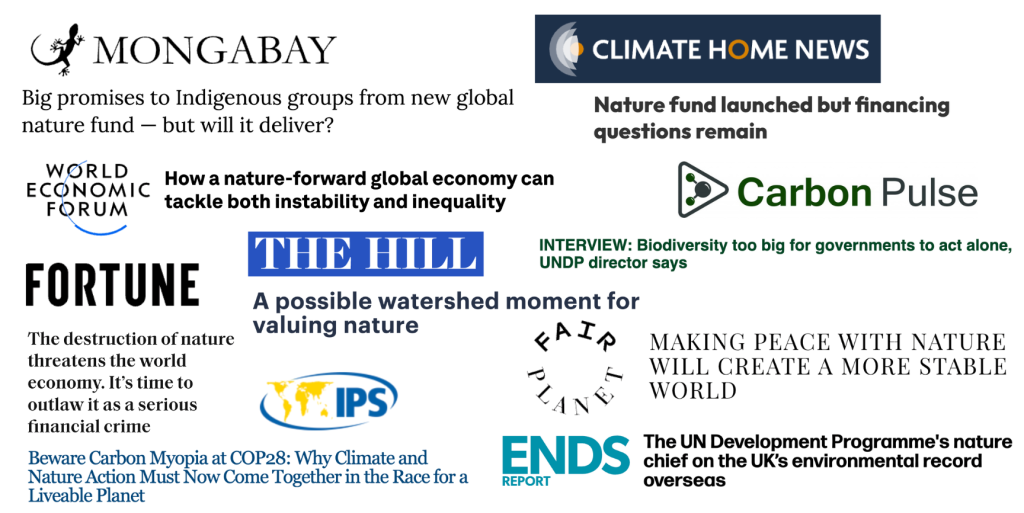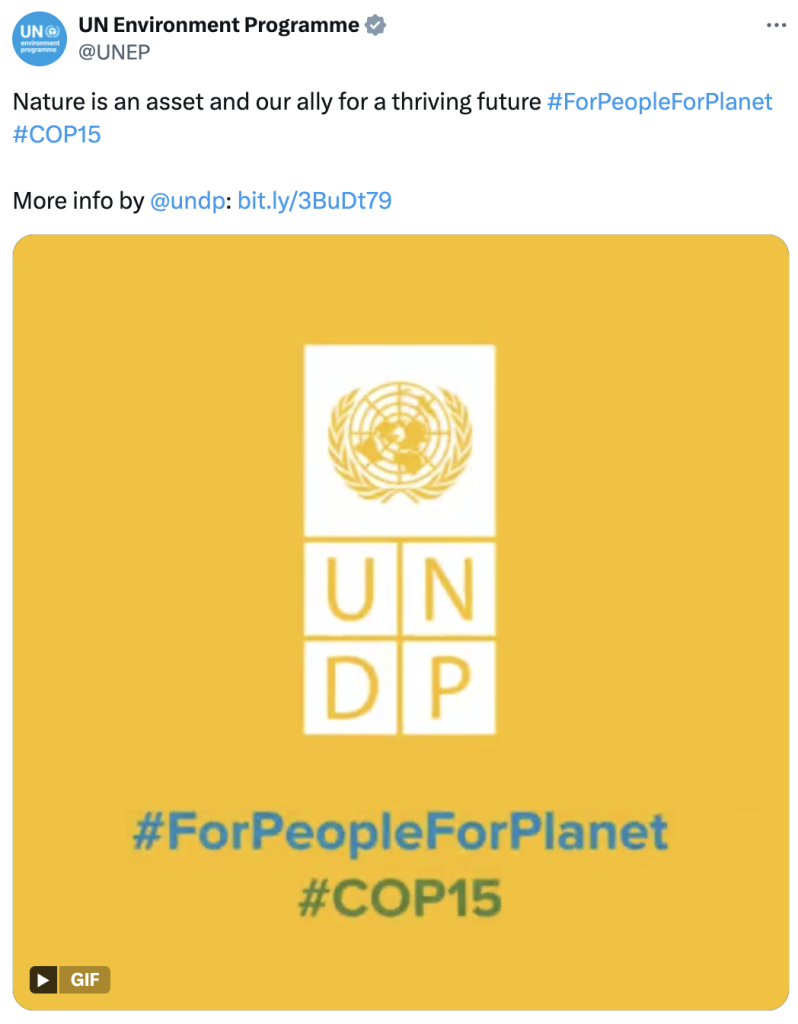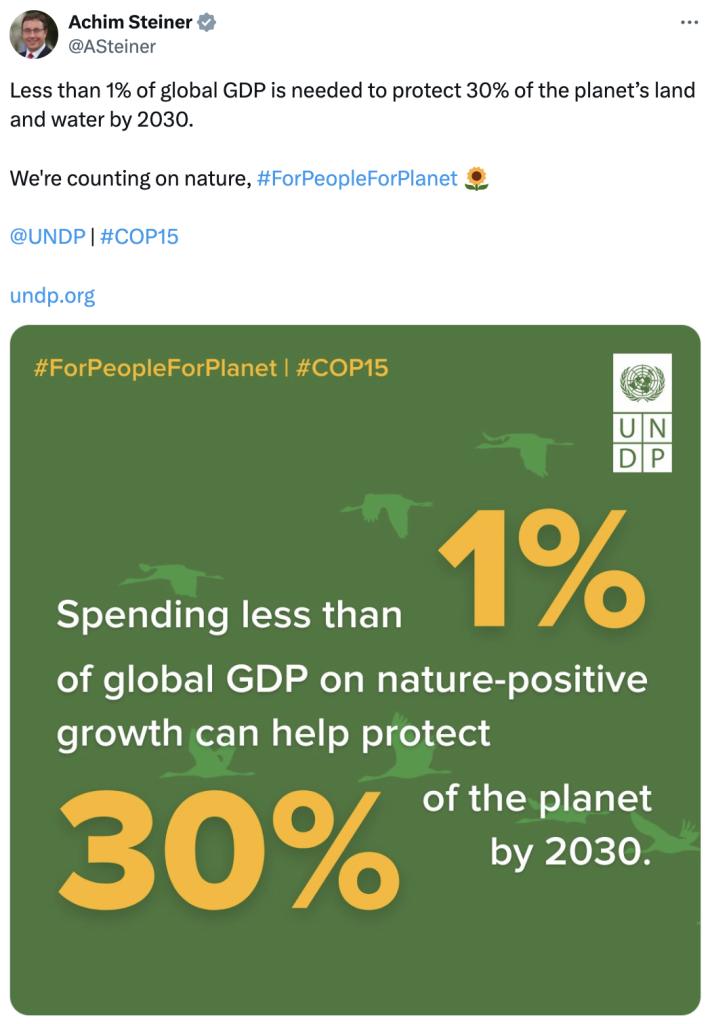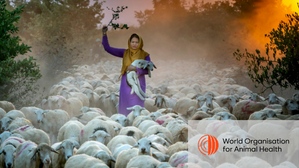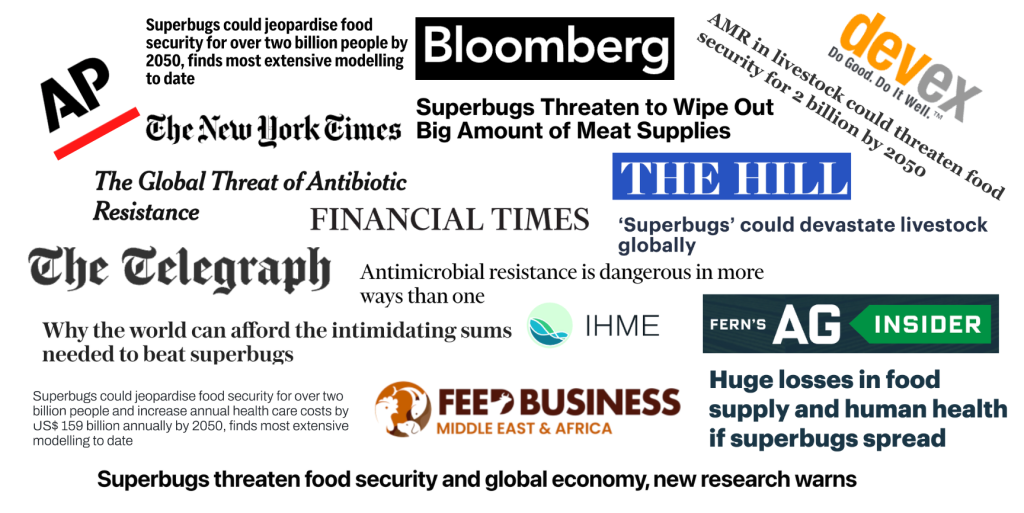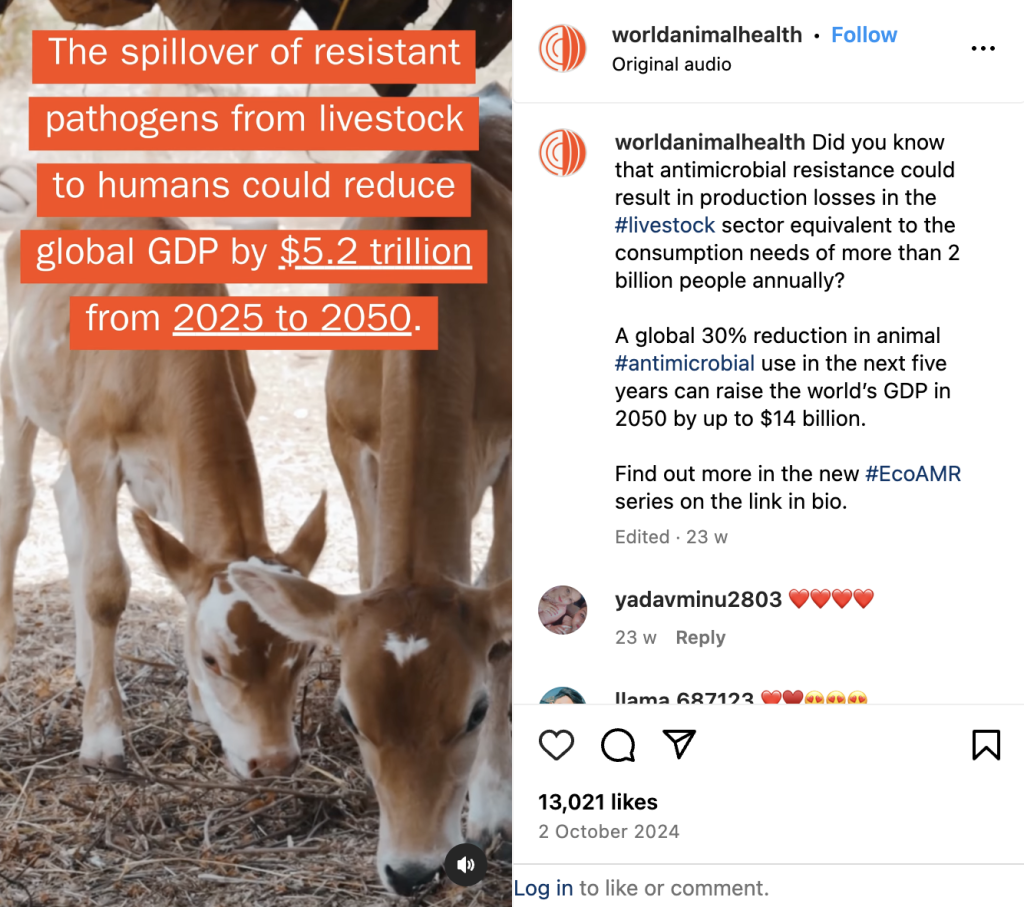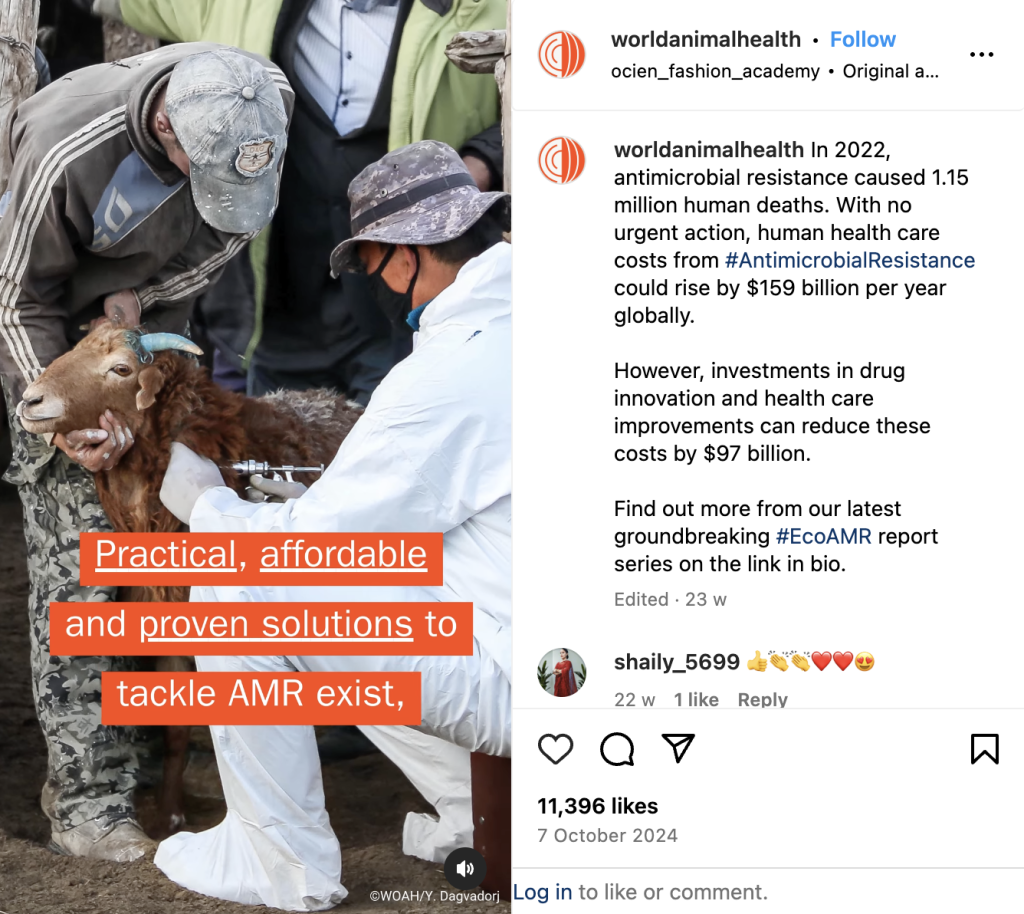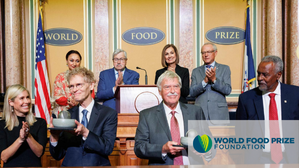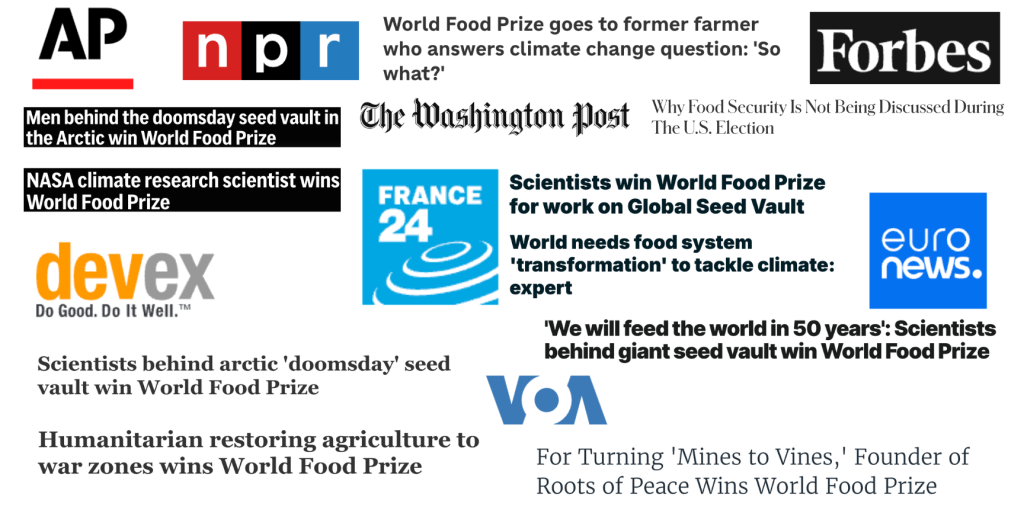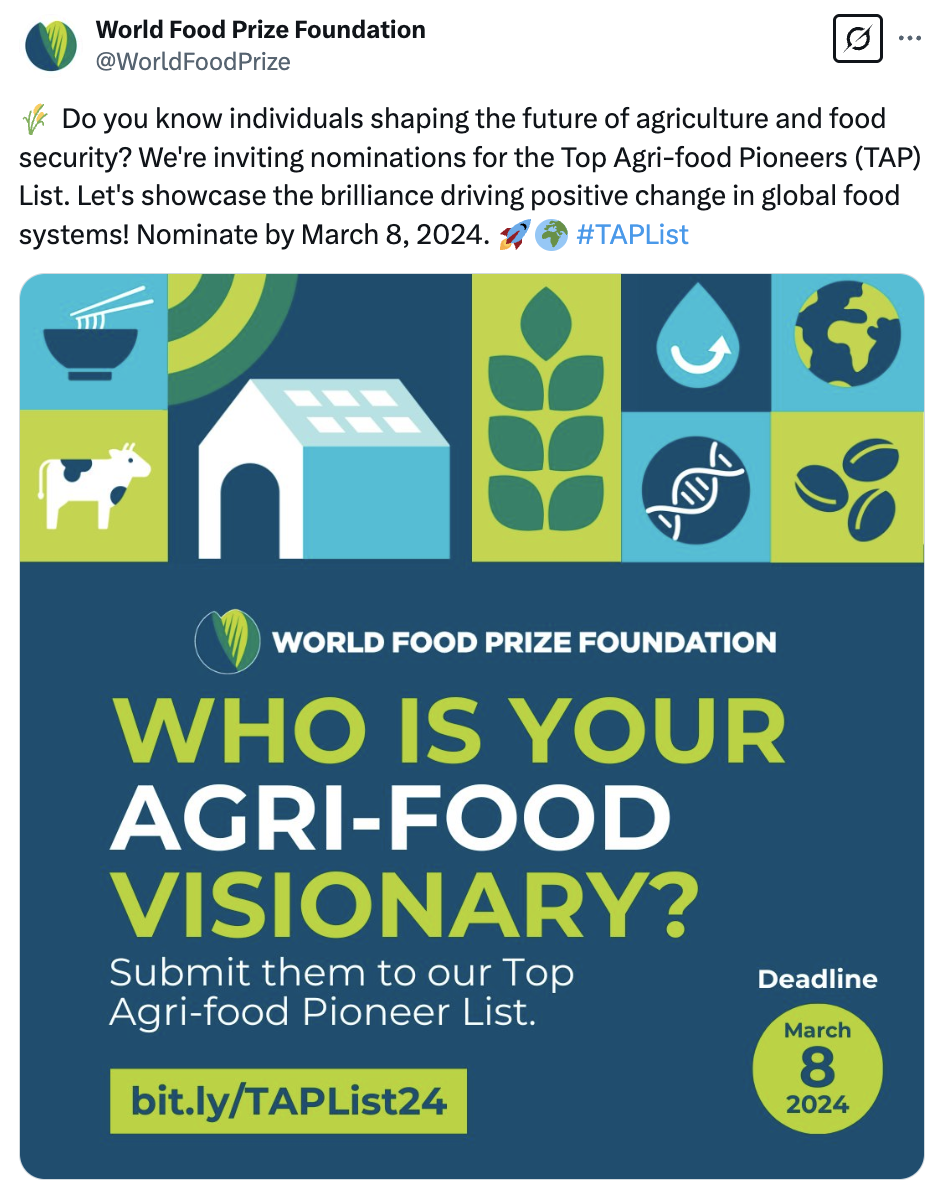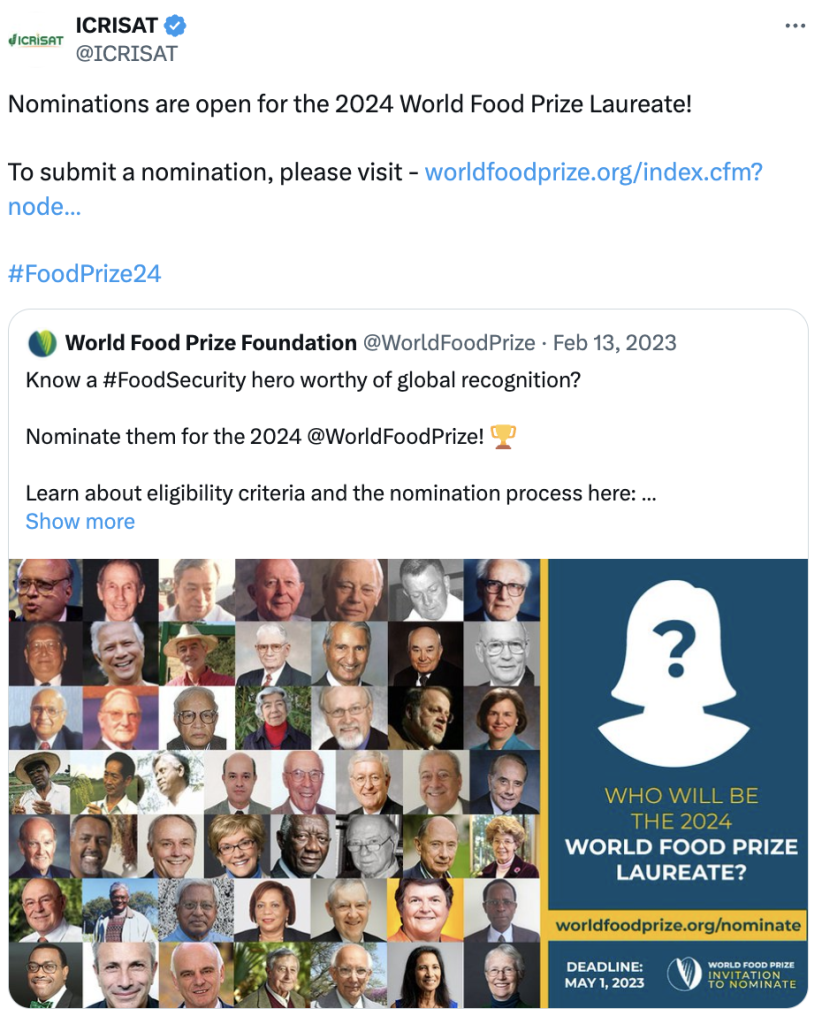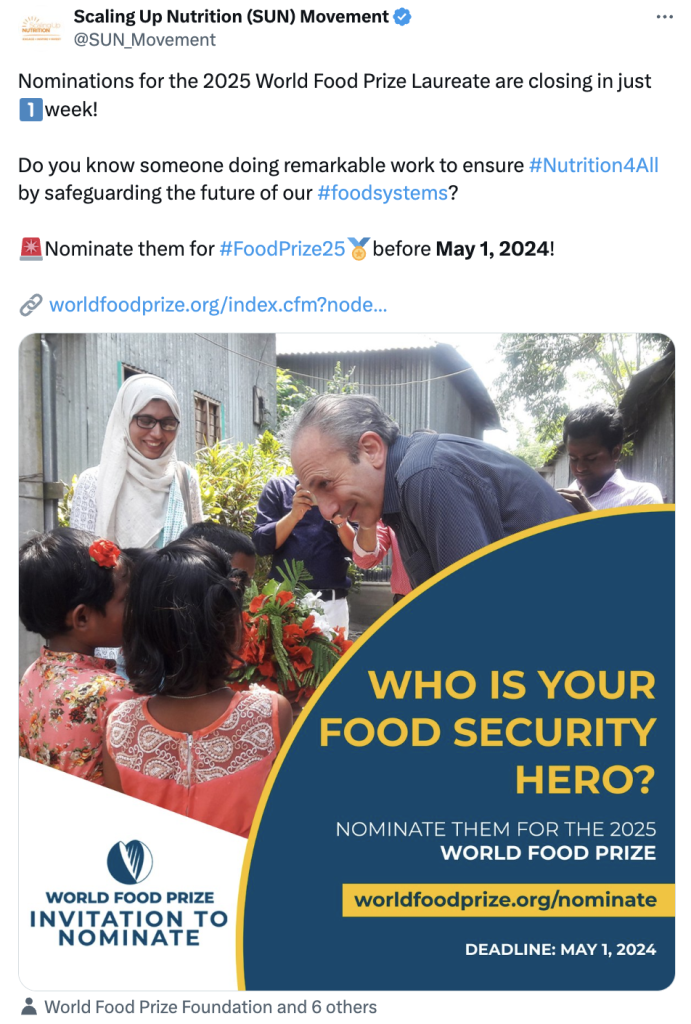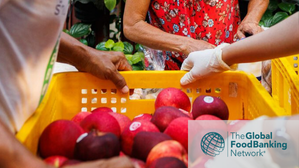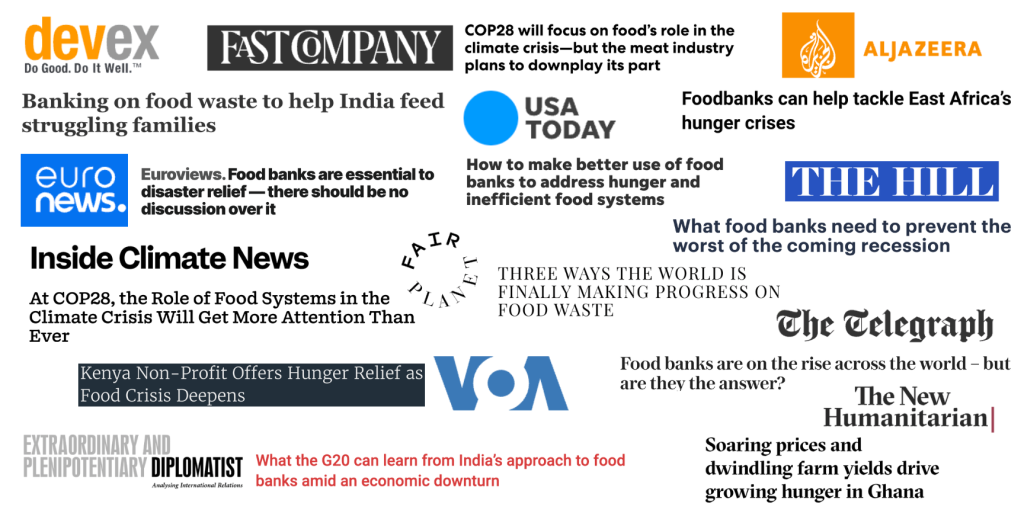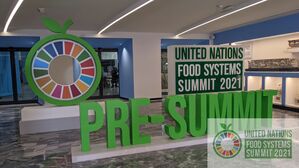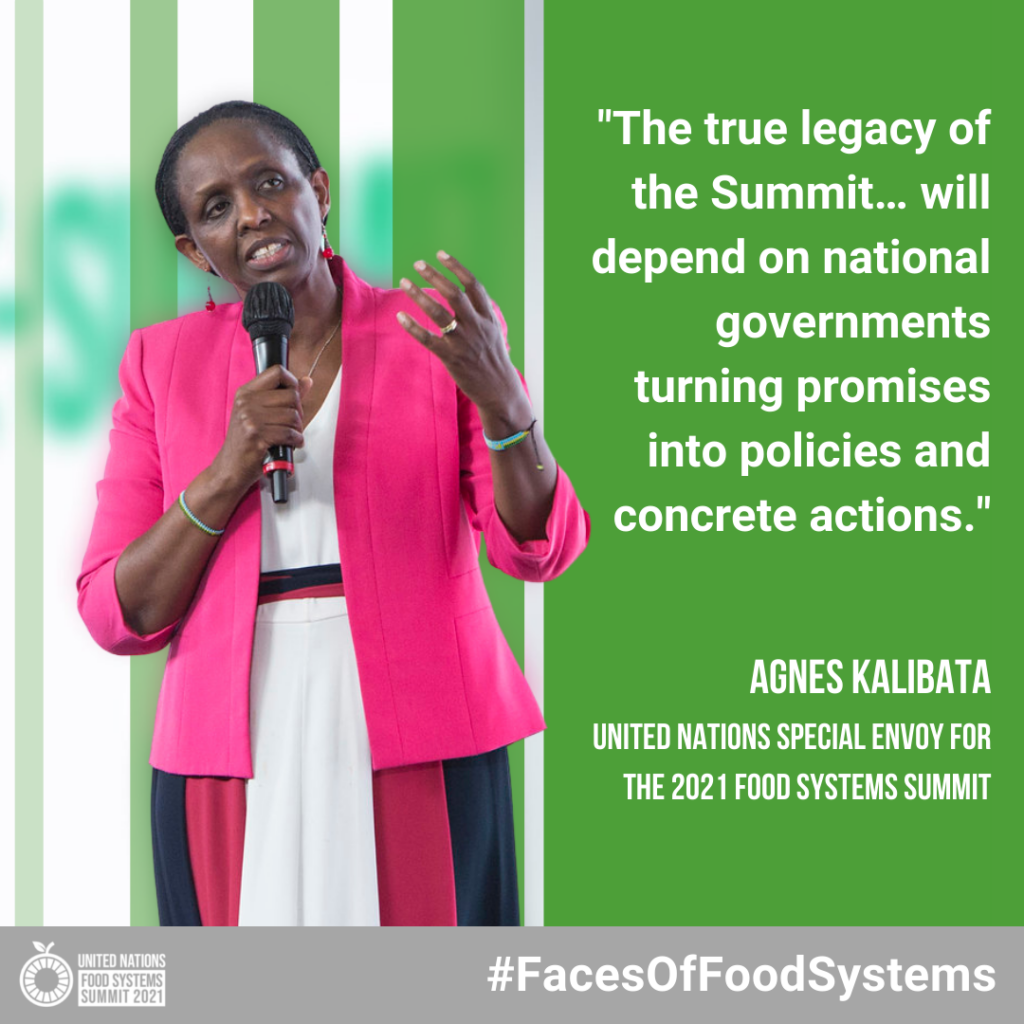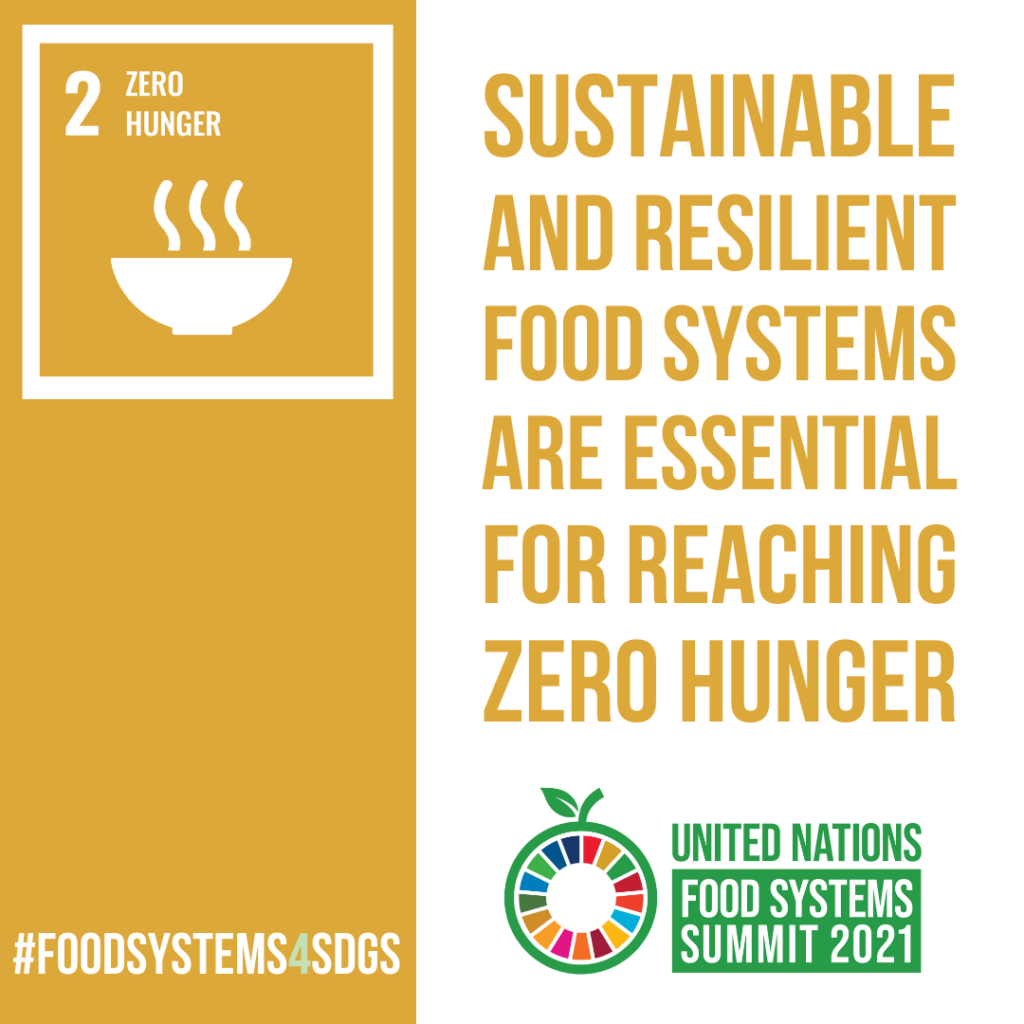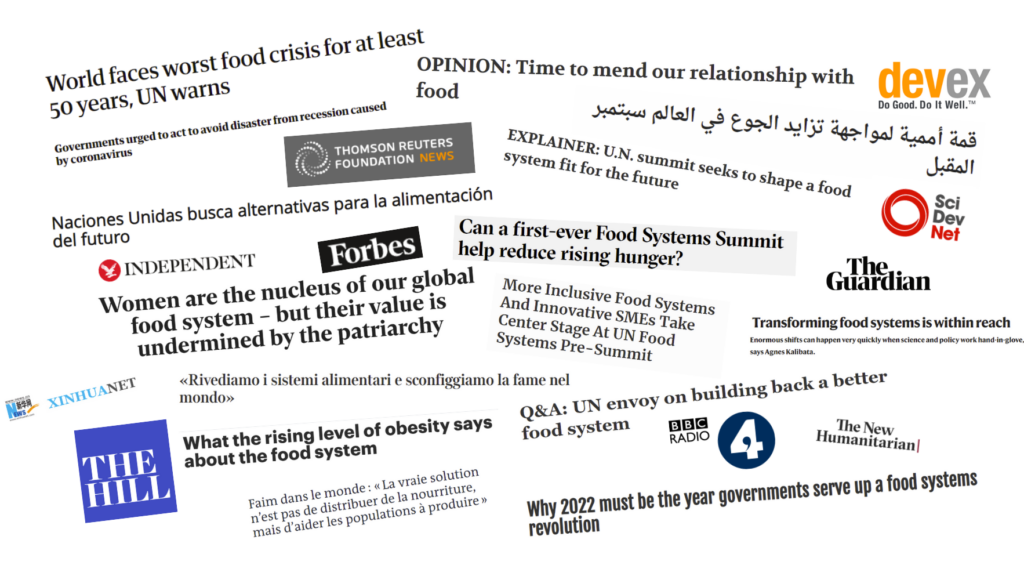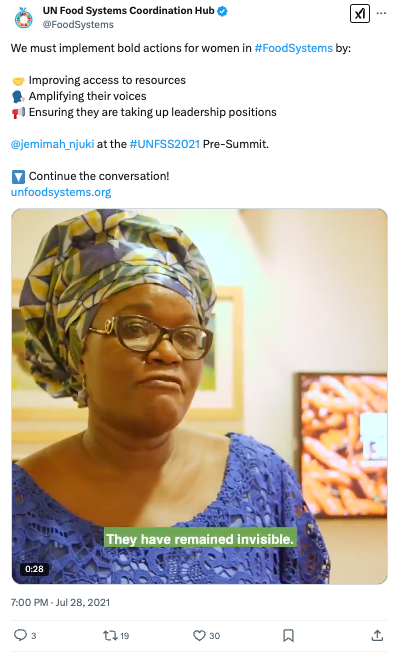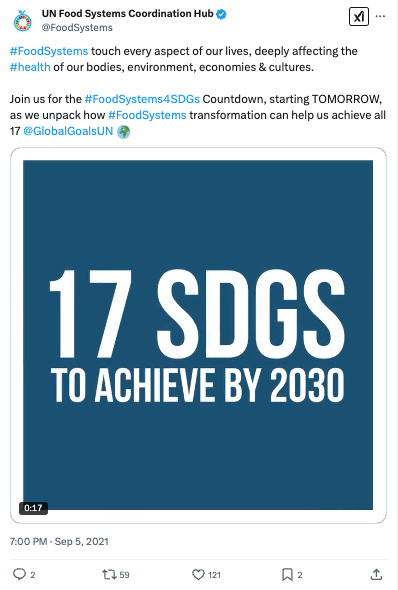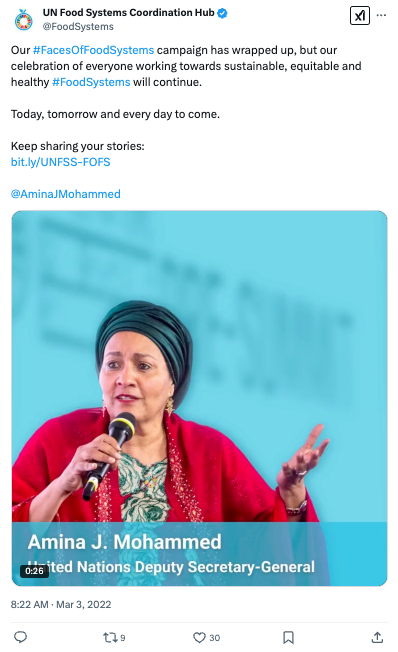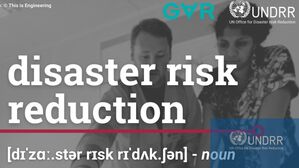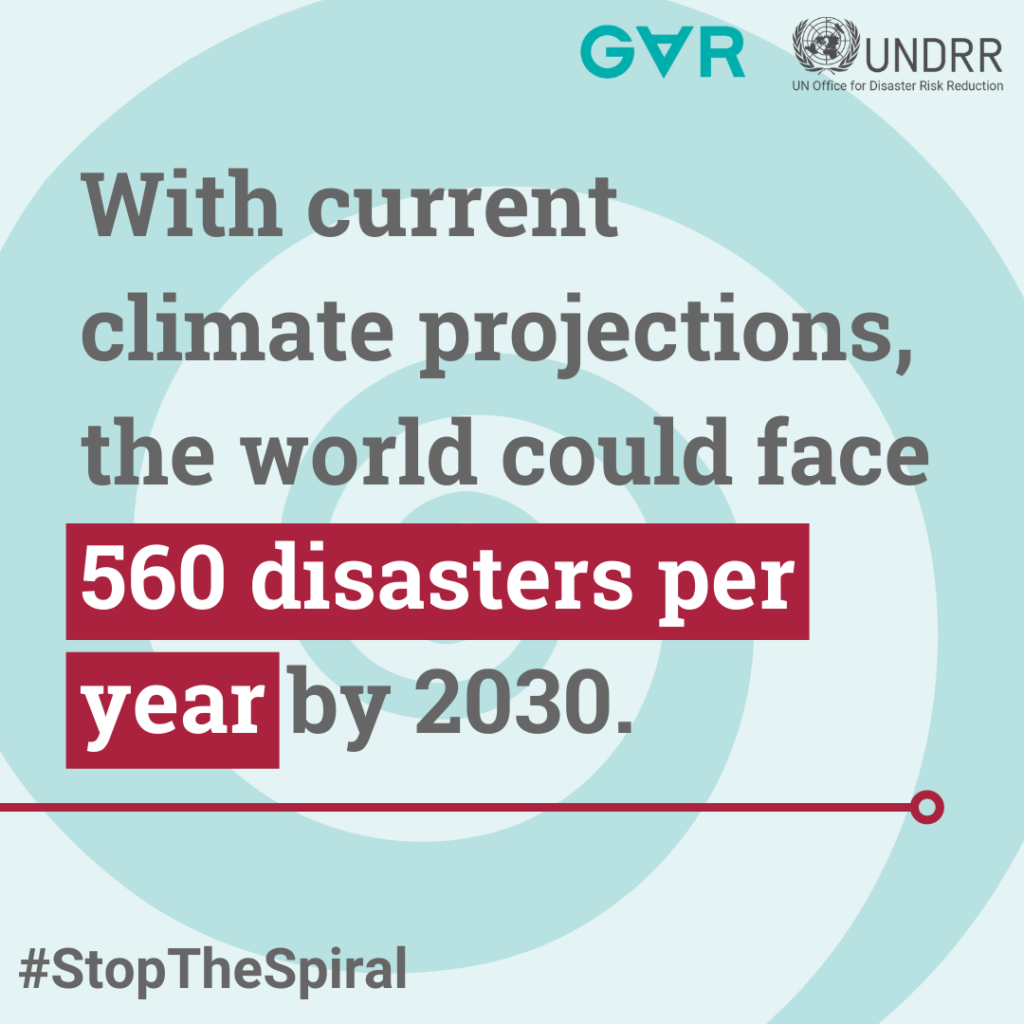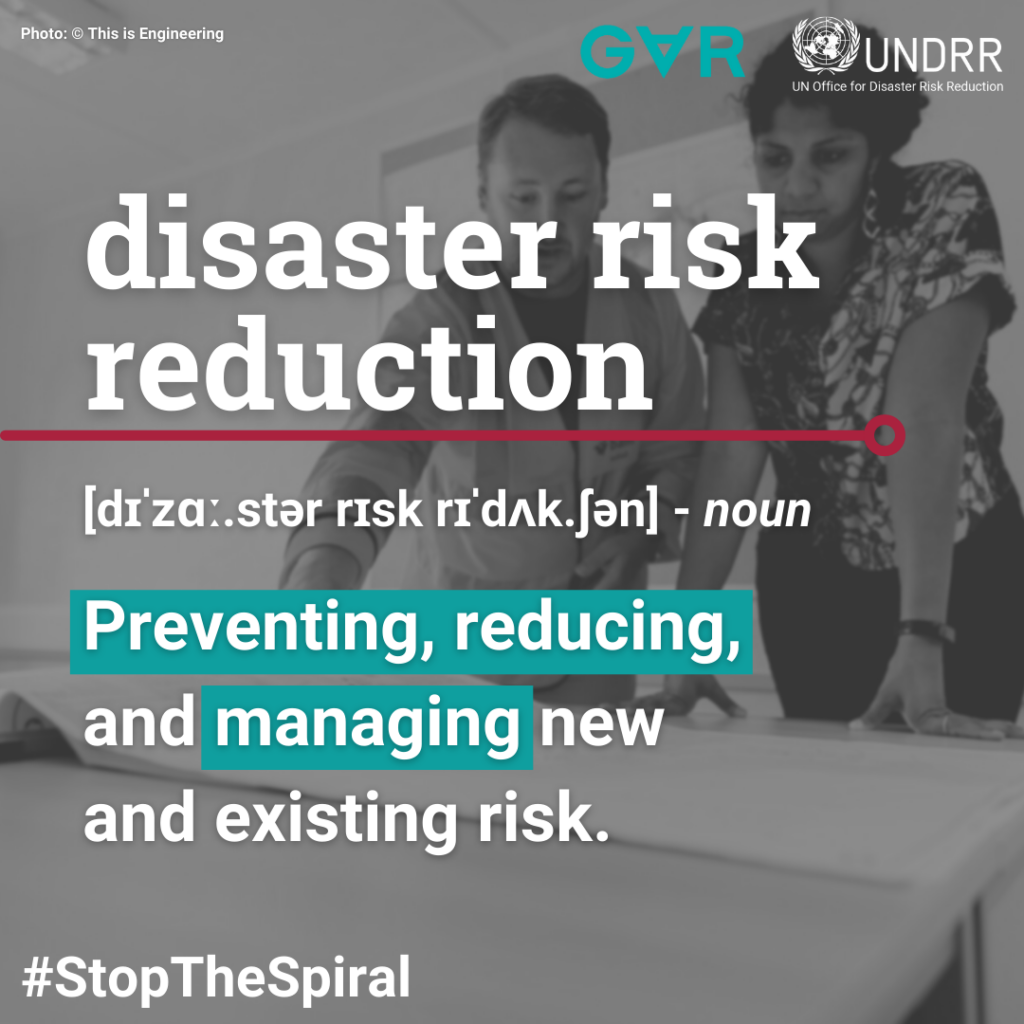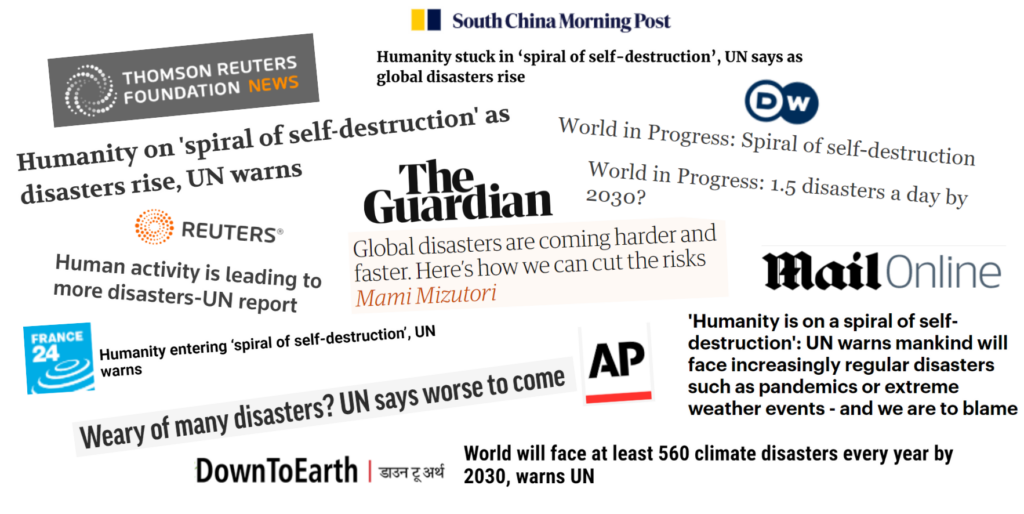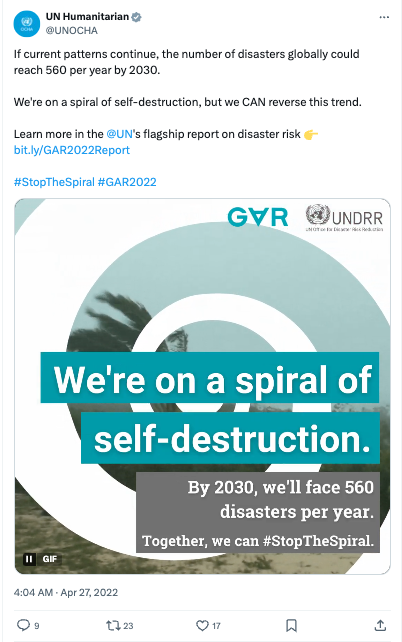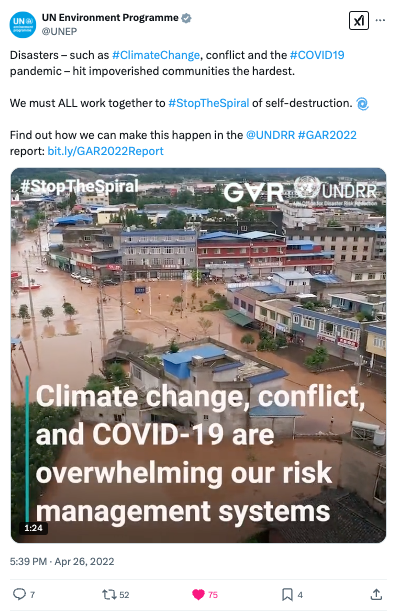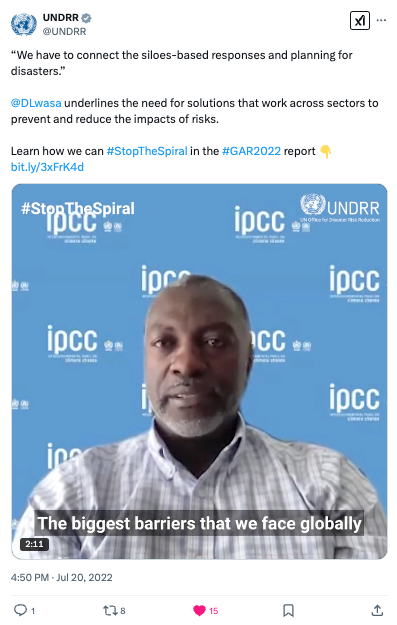Royal Academy of Engineering
The challenge: The Frontiers programme – a part of the Royal Academy of Engineering that brings together early- to mid-career innovators working to tackle global development challenges – was seeking support in translating learnings and impact to participants, donors and potential partners.
Our approach: To achieve these aims, Marchmont has attended several in-person global symposia and developed a series of audience-relevant assets highlighting different aspects of the programme, including:
- A website audit that outlined the ways Frontiers could make their resources more easily reachable to audiences.
- Event reports that collated critical learnings and perspectives from the Frontiers’ symposia.
- Policy briefs that connected insights from a range of events, connecting them around Sustainable Development Goals to offer a set of recommendations to researchers and policymakers.
- Case studies that elevated the work and profile of Frontiers champions, a group of innovators who received funding for their groundbreaking projects in sustainable development.
- Workshop reports that offered easy, how-to guides for researchers when developing, maintaining, and reporting on the impact of funded projects.
- ‘Vox pop’ videos that illustrated the range of expertise within the Frontiers network while demonstrating the value of the symposia through participant testimonials.
- Social media toolkits to enable participants of the symposia to communicate their interest and learnings from the events, sharing Frontiers’ work with potential new participants.
Outcomes: Marchmont’s support supplied Frontiers with the resources to demonstrate to different audiences the importance of the programme, including:
- Potential donors, demonstrating the value of cross-disciplinary collaboration.
- Event participants, giving them the resources to build on discussions happening at in-person events long after they conclude.
- Potential participants, showing the opportunities available to members of the Frontiers network.
- Potential partners, illustrating how event partners can position themselves amongst these leaders in engineering for sustainable development.
Since Marchmont has started working with Frontiers, the programme has launched a multimedia resource library, collating the rich, new assets produced together.

